Affiliate Disclosure: I earn commissions if you shop through the links below at no additional cost to you.
Last Updated on February 9, 2026 by Jeremy
Your RV is more than just a vehicle—it’s your home on wheels. Make sure it’s protected.
RV insurance isn’t just a formality. It’s your safety net when the unexpected happens, whether that’s a breakdown on a remote highway, storm damage at a campsite, or theft while parked overnight.
But not all insurance providers are created equal. Some specialize in full-time RVers, while others cater to casual weekend warriors. Some policies offer comprehensive roadside assistance, while others focus on affordable coverage with basic protections.
With so many choices, how do you know which one is right for you?
This guide breaks down the best RV insurance providers based on coverage, benefits, and who they’re best suited for.
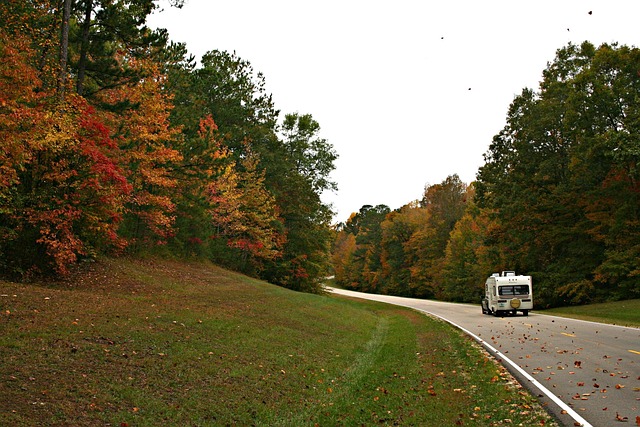
What RV Insurance Covers (And Why You Need It)
A good RV insurance policy goes beyond what a standard auto insurance policy covers. Depending on your provider and policy, RV insurance can include:
✔ Liability Coverage – Covers injury or damage you cause to others.
✔ Comprehensive & Collision – Protects against accidents, theft, fire, and weather damage.
✔ Full-Timer Coverage – Acts as homeowner’s insurance for full-time RVers.
✔ Total Loss Replacement – Replaces your RV if it’s totaled within a set time.
✔ Emergency Expenses – Pays for lodging and meals if your RV is damaged while traveling.
✔ Roadside Assistance – Covers towing, battery jumps, and flat tires.
✔ Personal Belongings Protection – Covers furniture, electronics, and other possessions inside your RV.
The 5 Best RV Insurance Companies for RVs
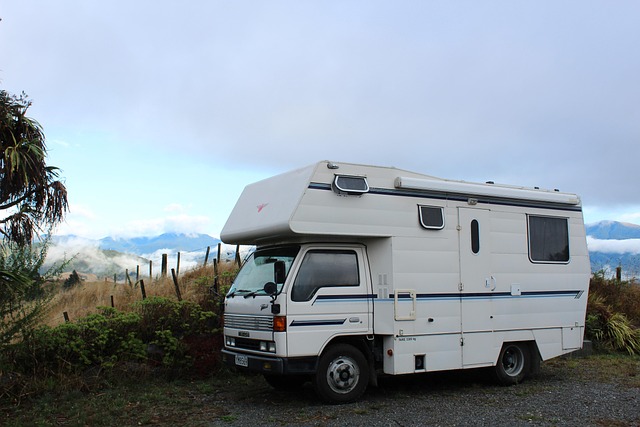
Here’s our detailed comparison of the top five RV insurance providers, ranked by coverage, pricing, and service quality.
#1 Roamly – Best for Full-Time RVers
📌 Best For: Full-time RVers & RV owners who rent out their rigs
🌎 Availability: U.S. & Canada
Why It Stands Out:
- Specifically designed for full-time RVers.
- Covers stationary RVs, which many insurers won’t.
- Allows you to rent out your RV (which most insurers prohibit).
- Offers roadside assistance, emergency coverage, and discounts for homeowners & military members.
Potential Drawbacks:
- Not available in all states/provinces.
Final Verdict:
For full-time RVers or those who rent out their rigs, Roamly is the top choice for flexible, customized coverage.
#2 Good Sam Insurance – Best Overall Coverage
📌 Best For: RVers looking for complete coverage & roadside assistance
🌎 Availability: U.S. & Canada
Why It Stands Out:
- Covers motorhomes, travel trailers, and fifth wheels.
- Offers tire protection, extended service plans, and chassis coverage.
- Includes towing and roadside assistance.
- Provides discounts for bundling RV and auto insurance.
Potential Drawbacks:
- Additional coverage options can increase premium costs.
Final Verdict:
Good Sam provides one of the most complete coverage packages for serious RV travelers, making it a strong choice for both full-time and part-time RVers.
#3 Geico RV Insurance – Best for Budget-Friendly Policies
📌 Best For: RVers looking for affordable coverage
🌎 Availability: U.S.
Why It Stands Out:
- Lower rates than most competitors for basic RV coverage.
- Covers Class A, B, C motorhomes, travel trailers, and pop-up campers.
- Includes vacation liability, emergency expense coverage, and windshield protection.
- Discounts available for bundling policies and claim-free history.
Potential Drawbacks:
- Limited full-time RVer options—better suited for part-time or weekend RVers.
Final Verdict:
If you want good coverage at a lower price, Geico is a great option, especially for part-time RVers or casual travelers.
#4 Progressive RV Insurance – Best for Customizable Policies
📌 Best For: RVers who want highly personalized coverage
🌎 Availability: U.S.
Why It Stands Out:
- Custom policies tailored for different RV types.
- Deductible savings—you earn 25% off your deductible for every claim-free period.
- Covers rental RVs, full-time RVs, and personal RVs.
- Discounts available for bundling with home or auto insurance.
Potential Drawbacks:
- Higher rates than some competitors for full-time RVers.
Final Verdict:
If you want a fully customized insurance plan, Progressive offers some of the best policy flexibility in the industry.
#5 National General – Best for Storage Discounts
📌 Best For: RVers who store their RVs for part of the year
🌎 Availability: U.S.
Why It Stands Out:
- “Storage Mode” lowers costs when your RV isn’t in use.
- Offers full replacement cost coverage.
- Includes personal belongings protection for gear inside your RV.
Potential Drawbacks:
- Coverage varies by state.
Final Verdict:
If you store your RV seasonally, National General offers solid coverage with lower premiums while your RV is parked.
When Do You Need RV Insurance?
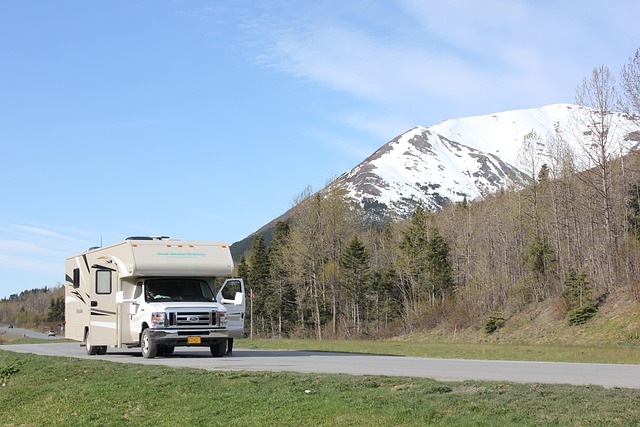
Some people assume that RV insurance is optional, especially if their state doesn’t require it for non-motorized trailers. However, there are many situations where skipping insurance could lead to massive financial loss. Let’s break it down.
1. When You’re Financing or Leasing an RV
If you’ve financed your RV, your lender will require comprehensive and collision insurance. This protects their investment in case your RV is totaled before you’ve paid it off.
📌 Why it matters:
- If your RV is stolen, vandalized, or destroyed in an accident, you’ll still owe the bank for a vehicle you can’t use.
- Without insurance, you’re stuck covering the costs out of pocket.
2. When You’re Driving or Towing Your RV
Motorhomes (Class A, B, and C) are legally required to have insurance, just like any other vehicle. But even if you’re towing a travel trailer, fifth wheel, or pop-up camper, you’ll want to ensure your liability is covered in case of an accident.
🚨 Scenarios where insurance saves you:
- A tire blows out on the highway, causing your trailer to swerve into another vehicle.
- A sudden stop causes your trailer hitch to snap, sending your RV rolling into traffic.
- While pulling into a campsite, you accidentally back into another RV, causing damage.
Who pays for this without insurance? You do.
3. When You’re Living in Your RV Full-Time
Full-time RV living changes everything when it comes to insurance. A standard auto policy won’t cover your personal belongings, liability, or emergency lodging if disaster strikes.
🛑 Without full-time coverage, you risk:
- Losing all your belongings inside your RV in a fire or break-in.
- Paying out-of-pocket for alternative housing if your RV is in the shop for weeks.
- Getting sued for injuries if someone slips and falls outside your parked RV.
Solution: Choose full-timer’s RV insurance, which works more like homeowners insurance for those who live on the road.
4. When You’re Traveling in High-Risk Areas
Certain locations and events increase the chances of damage, theft, or accidents. These include:
🌪 Severe weather zones – Hurricanes, tornadoes, wildfires, and floods can destroy an RV in minutes.
🎡 High-traffic tourist areas – More vehicles = higher risk of collisions.
⛰ Remote off-grid locations – Harder access to emergency services if something goes wrong.
🎶 Music festivals & large events – Higher chance of theft, vandalism, or accidental damage.
If you travel to these areas, having the right insurance is essential to avoid costly repairs and loss.
How to Choose the Right RV Insurance

Picking the right policy isn’t just about price—it’s about matching your coverage to your RV lifestyle. Here’s what to consider.
1. How Often Do You Use Your RV?
Your policy should reflect how often you’re on the road.
🛻 Weekend & occasional travelers – A basic policy with collision, liability, and comprehensive coverage is usually enough.
🏕 Seasonal RVers – Look for storage discounts when your RV isn’t in use.
🚐 Full-time RVers – You’ll need full-timer’s insurance, which covers both vehicle and home-related risks.
2. Where Do You Travel?
Your destination affects coverage needs.
- Canada & U.S. travel: Ensure your provider offers cross-border coverage.
- Off-grid camping: Get emergency expense & roadside assistance in case of breakdowns.
- RV parks & resorts: Look for campsite liability coverage in case of accidents.
3. What Type of RV Do You Own?
Different RVs have different risks and insurance costs.
- Motorhomes (Class A, B, C): Require liability, collision, and comprehensive coverage.
- Fifth Wheels & Travel Trailers: Covered under auto insurance while towed, but need separate coverage for theft, damage, and liability when parked.
- Van Conversions & DIY RVs: Some insurers won’t cover custom builds, so you’ll need a policy that includes self-built RVs.
4. What Kind of Coverage Do You Need?
Here are the key policy types to consider:
✔ Liability Insurance – Covers damage you cause to others.
✔ Comprehensive & Collision – Covers accidents, theft, vandalism, fire, & weather damage.
✔ Full-Timer’s Coverage – Protects full-time RVers like homeowner’s insurance.
✔ Total Loss Replacement – Replaces your RV at full cost if it’s totaled.
✔ Emergency Expenses – Pays for hotels & food if your RV is damaged on the road.
✔ Personal Belongings Protection – Covers electronics, furniture, and valuables inside the RV.
✔ Roadside Assistance – Covers towing, battery jumps, and flat tires.
🚨 Pro Tip: If your RV is brand new, ask about “agreed value” policies. Unlike standard depreciation-based payouts, these cover your RV for its original purchase price.
Final Thoughts – What’s the Best RV Insurance for You?
Choosing the right RV insurance isn’t about picking the cheapest option—it’s about getting the right coverage for your lifestyle.
Here’s a recap of the top insurance providers:
✅ Best for Full-Timers: Roamly – Covers full-time living & RV rentals.
✅ Best Overall Coverage: Good Sam – Includes roadside assistance, theft, and liability.
✅ Best Budget-Friendly Option: Geico – Affordable policies for part-time RVers.
✅ Best Customizable Policy: Progressive – Great for tailoring your coverage.
✅ Best for Stored RVs: National General – Discounts when your RV is in storage.
📌 Final Advice:
- Full-time RVers should invest in comprehensive full-timer’s insurance.
- Weekend warriors can save with basic liability and collision coverage.
- If you store your RV seasonally, look for storage discounts.
- Compare quotes from at least two or three providers to get the best deal.
🚐 Your RV is an investment—protect it wisely. Get quotes today and ensure your travels are worry-free!
Looking for more trusted brands to enhance your RV lifestyle? Check out my Affiliate Brand Directory for top recommendations on gear, insurance, travel essentials, and more!
💬 Which RV insurance do you use? Share your experience in the comments below!
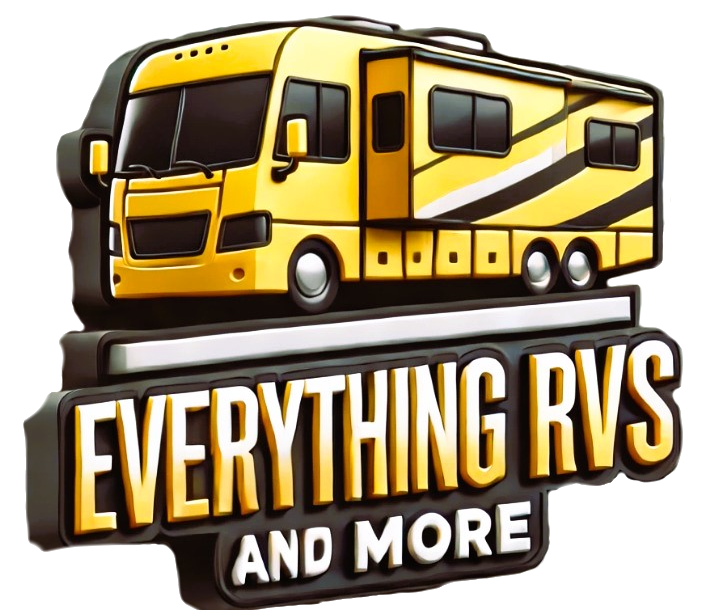





.jpg/:/cr=t:5.56%25,l:0%25,w:100%25,h:88.89%25/rs=w:1240,h:620,cg:true)



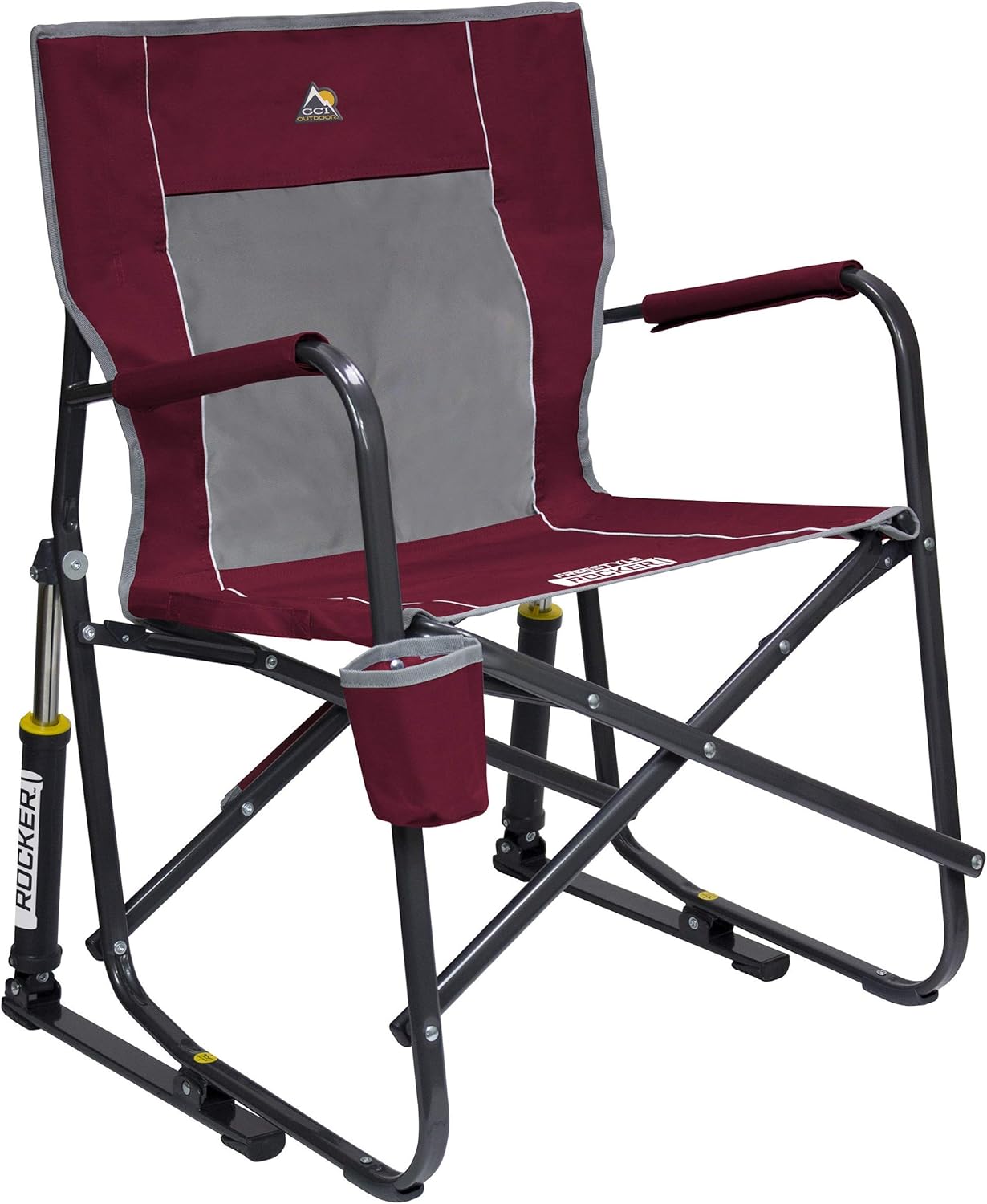

Leave a Reply